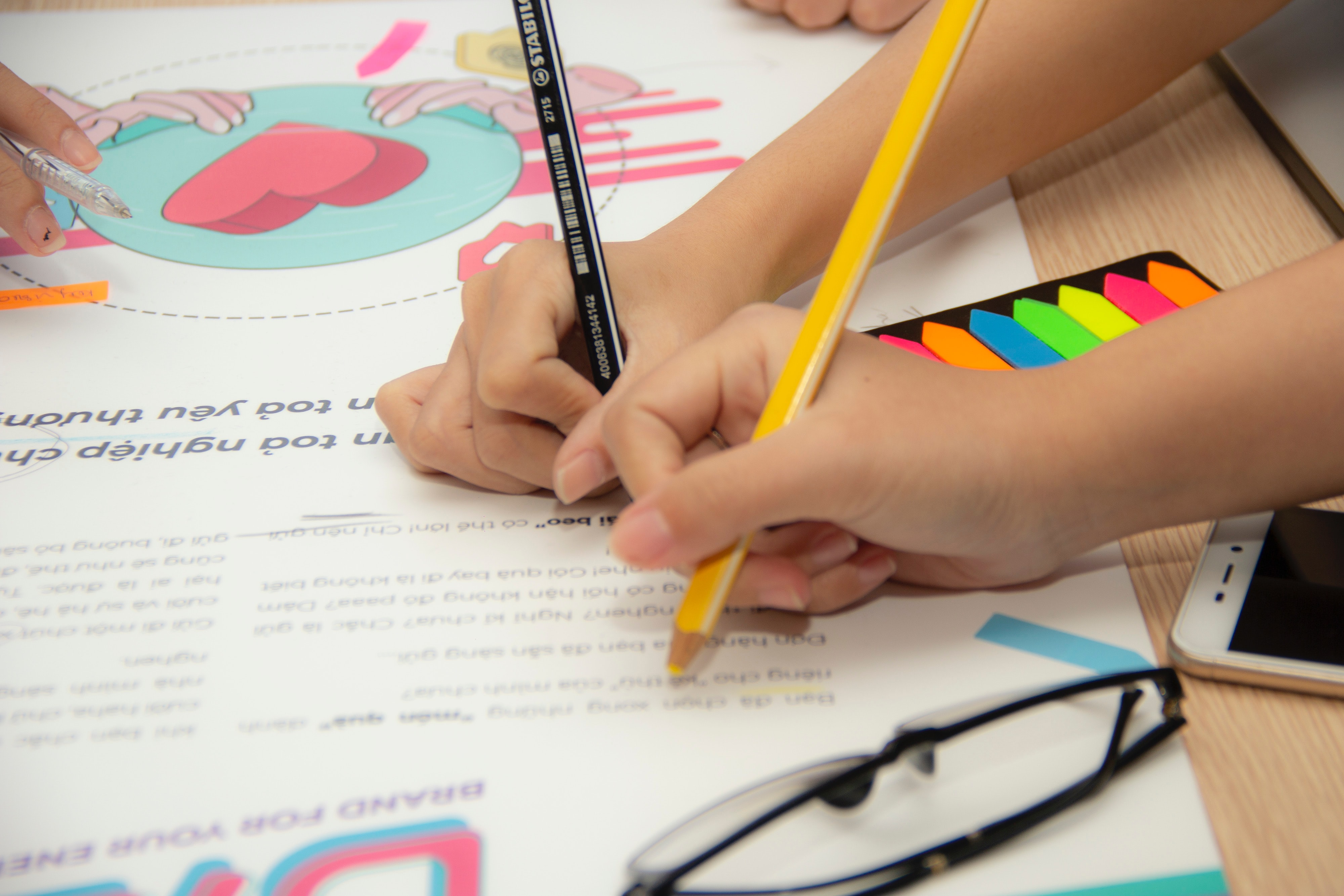Level Two
Exploring the Benefits of Play-Based Learning: Enhancing Education and Skills Development in Children Aged 4-5 Years.
Possible outline for the article:
I. Introduction
- Importance of early childhood education
- Why play-based learning is an effective approach for children aged 3-4 years
- Overview of the article's content
II. Play-Based Learning: Definition and Principles
- What is play-based learning?
- Why is play essential for children's development?
- The key principles of play-based learning
III. Education and Skills Development in Nursery
- The developmental milestones of children aged 3-4 years
- WThe skills that children can acquire through play-based learning
- Examples of educational activities and games that can support learning and development
IV. The New Education Techniques Used in Nursery
- How modern teaching methods have changed the way we approach early childhood education
- Examples of innovative techniques used to teach and communicate with children in nursery, such as:
- Digital tools and apps
- Multi-sensory materials
- Collaborative learning
- Child-led activities
V. The Benefits of Play-Based Learning
- The academic and non-academic benefits of play-based learning
- How play-based learning prepares children for future success
- The positive impact of play-based learning on social-emotional development, creativity, and imagination
VI. Challenges and Best Practices
- The challenges of implementing play-based learning in nursery
- Best practices for designing and implementing effective play-based learning activities
- The role of parents and caregivers in supporting play-based learning at home
VII. Conclusion
- Recap of the main points
- The importance of play-based learning in early childhood education
- Call to action for educators, parents, and policymakers to prioritize play-based learning in nursery.

Photo Gallery



.jpg)
×
![]()